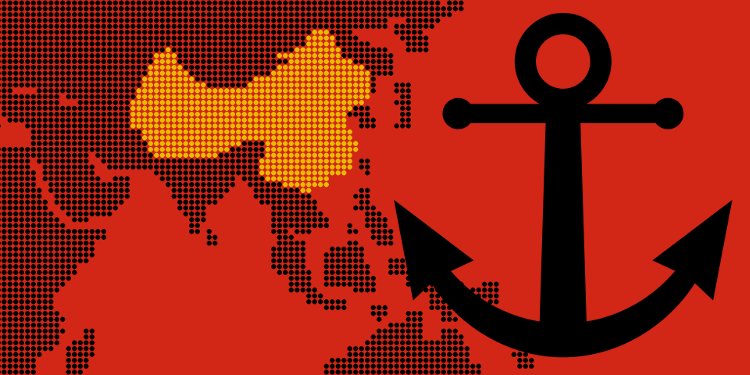While Taiwan accepts yet another slow-delivery weapons deal, one of the slowest to date, China continues to build on the ocean to face off against the United States. It’s pure war strategy, East to West.
The argument goes that China carefully times its strategic “stepping on toes”. The next purported toe will be the site of the next man-made islet, deep within Philippine water and economic defense zone. China, according to reports of anonymous sources, plans that these toe steps occur after G20 and before the US election. This is where Beijing’s miscalculation shows.
Supposedly, during the US election season, Americans will be distracted with Trump v Clinton headlines and won’t have the time to worry about what China does in the Philippine’s back yard pool. However, this overlooks the topics surrounding Trump and Clinton, specifically the long history that both have with China and that opinion about either candidate is largely shaped by China’s actions.
If and when China steps in it in the Philippines, that “when” would serve China’s shrewdness better if postponed until after the election, lest China give American’s the excuse they need to elect the candidate most outspoken against China. Beijing’s timing would be more respected from one adversary to another if the Philippine islet reclaiming began after the US election and before the inauguration—after it’s too late for the American people to change their minds. But, once again, Beijing is likely to demonstrate that, while it has the courage to stand up to the US, it doesn’t have the listening ability to know the very enemies it chooses.
Beijing wants a deal with the Philippines. They know how to make a deal when they want to. What transpires over the coming months will be as foreseeable as it is by choice for all involved.
In times when China wants to dominate the water, Michael Phelps proved otherwise, for the third time in a row.

